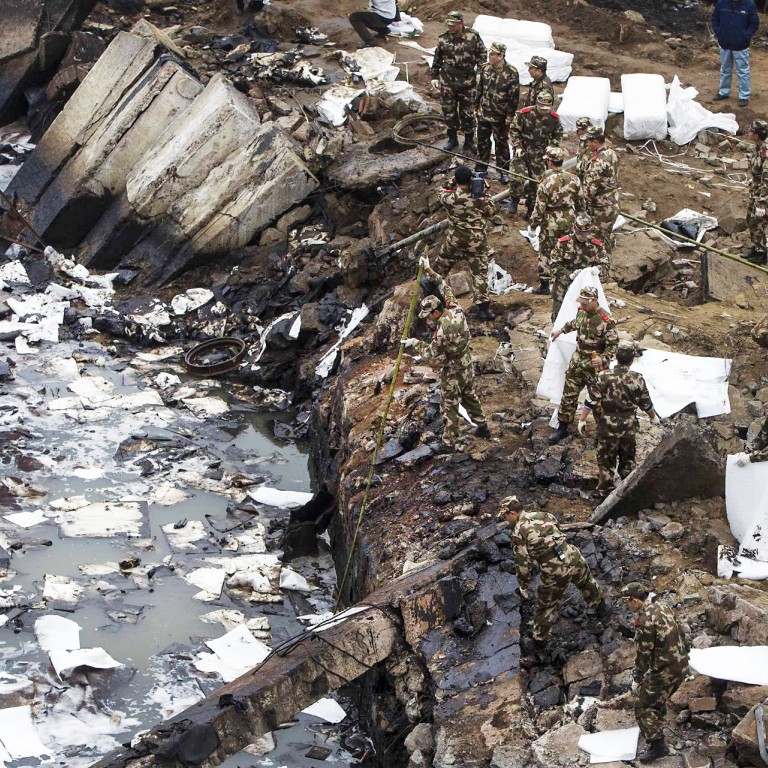
Update | Anger in wake of deadly Qingdao explosion
Qingdao residents 'were not warned of oil leak seven hours before blast'
A day after an explosion triggered by a leaking underground oil pipeline killed at least 52 people and injured more than one hundred in Qingdao, Shandong province, residents were seeking explanations for one of China's deadliest industrial accidents in years.

At least 11 people remained missing as of Sunday afternoon, the local government in Huangdao district said.
The pipeline leaked onto the street and into the harbour nearby for about 15 minutes before it was shut down at about 3.15am on Friday.
The explosion occurred seven hours later as workers were trying to repair the leak in the pipe, Xinhua said. It also said early investigations found that oil that spilled into drains caused the explosion, but gave no further details.
The reports only deepened residents' unease in the historic port city of nearly 9 million people. Shandong is home to one of the largest crude-oil import terminals in the country, and controls one-seventh of the nation's oil and gas pipelines.
"Residents near the accident were told nothing about the early-hour leak, which generated harmful fumes," said a woman living some blocks away from the site of the explosion. "What did they do in the intervening seven hours? If people were told in the beginning, at least they would have had a chance to move away from the area and this tragedy may have been avoided."
Another woman from the same neighbourhood, surnamed Huang, said the leak might have been covered up had the explosion not occurred. "I didn't know the pipeline was this close to us and this dangerous," she said.
"I think the government owes us an explanation and I want to know how they plan to solve this problem."

Government censors moved swiftly to suppress residents' complaints and warn media outlets not to "hype" the tragedy, some editors said. But some outlets still questioned why authorities did not react effectively after the leak was discovered.
magazine said the pipeline did not comply with government regulations that it should be located at least 15 metres from residential areas. The magazine also reported yesterday that Sinopec knew about the security risks and the ageing pipelines two years ago and planned to renew them, but the work was never started.
Fu Chengyu, the chairman of Sinopec - China's largest oil refiner, which operates the pipeline - publicly apologised on national broadcaster CCTV yesterday at the accident site.
"[The company] will determine the cause of the accident as soon as possible," he said.
The company said most of the oil spill, which had spread across 3,000 square metres of the harbour, had been soaked up.
President Xi Jinping ordered local authorities to "spare no effort to rescue the injured and improve safety to eradicate such incidents", Xinhua reported. A special team led by State Councillor Wang Yong had arrived at the accident site late on Friday.
Rescuers on Sunday said they had found more bodies at the scene of the blasts, bringing the death toll to 52.
Four more bodies had been found, according to the information office of the Qingdao government.
Rescuer efforts were continuing, the office said.
